当前位置:网站首页>Or in SQL, what scenarios will lead to full table scanning
Or in SQL, what scenarios will lead to full table scanning
2022-07-07 10:05:00 【knight_ hf】
For some time, I have been thinking of using or Will cause a full table scan , The reason is probably 2010 In, I wrote a stored procedure for data processing , Because when associating several large tables or Improper use of , As a result, the query of data is very slow . After that experience , Has been to or Use in awe , Every time I use or I think it will lead to full table scanning . At that time, in order to solve the problem or Performance problems of , The plan adopted is union all To replace or. But this also brings a problem ——sql The brevity of .
After many years , Recently, I have been hearing DBA Many projects are said in the company because or The use of leads to the decline of query performance , So I began to ask myself ,or Will it cause full table scanning if it is really used ? that or What is the value of this grammar ?
With these questions , I think it is necessary to test a question for many years ( I still lack the spirit to study the technical details , It took me so long to decide to test myself , It's a shame .)
Test database :mysql5.7.10
Testing process :
new table
<span style="font-size:14px;"><span style="font-size:12px;">SET NAMES utf8;
SET FOREIGN_KEY_CHECKS = 0;
-- ----------------------------
-- Table structure for `t_in_or_union_test`
-- ----------------------------
DROP TABLE IF EXISTS `t_in_or_union_test`;
CREATE TABLE `t_in_or_union_test` (
`id` int(11) NOT NULL AUTO_INCREMENT,
`text_1` varchar(10) DEFAULT NULL,
`text_2` varchar(10) DEFAULT NULL,
PRIMARY KEY (`id`),
KEY `idx_1` (`text_1`)
) ENGINE=InnoDB AUTO_INCREMENT=1 DEFAULT CHARSET=utf8;
SET FOREIGN_KEY_CHECKS = 1;</span></span><span style="font-size:14px;"><span style="font-size:12px;">
</span></span><span style="font-size:14px;"><span style="font-size:12px;">-- initialization 100W Data
begin
declare i int;
set i=0;
while i<1000000 do
insert into t_in_or_union_test(text_1,text_2) values(i+1,i+2);
set i=i+1;
end while;
end</span></span>After initializing the data , Execute the following script , After parsing, it is found that the index will be used . And remove explain Direct execution sql Query will find that basically every query execution is very fast, and the query results .
<span style="font-size:14px;"><span style="font-size:12px;">explain
select * from t_in_or_union_test
where text_1 ='100'
or text_1 = '101'
or text_1 = '102'
or text_1 = '103'
or text_1 = '104'
or text_1 = '105'
or text_1 = '106'
or text_1 = '107'
or text_1 = '108'
or text_1 = '109'
or text_1 = '110'</span></span>Create a similar table to test :
<span style="font-size:14px;"><span style="font-size:12px;">SET NAMES utf8;
SET FOREIGN_KEY_CHECKS = 0;
-- ----------------------------
-- Table structure for `t_in_or_union_test_2`
-- ----------------------------
DROP TABLE IF EXISTS `t_in_or_union_test_2`;
CREATE TABLE `t_in_or_union_test_2` (
`id` int(11) NOT NULL AUTO_INCREMENT,
`text_1` varchar(10) DEFAULT NULL,
`text_2` varchar(10) DEFAULT NULL,
PRIMARY KEY (`id`),
KEY `idx_1` (`text_1`)
) ENGINE=InnoDB AUTO_INCREMENT=1 DEFAULT CHARSET=utf8;
SET FOREIGN_KEY_CHECKS = 1;</span></span>Also use scripts to initialize test data
<span style="font-size:14px;"><span style="font-size:12px;">begin
declare i int;
set i=0;
while i<100000 do
insert into t_in_or_union_test_2(text_1,text_2) values(i+1,i+2);
set i=i+1;
end while;
end</span></span>Then execute the following two paragraphs sql:
<span style="font-size:14px;"><span style="font-size:12px;">EXPLAIN
select * from t_in_or_union_test_2 A
left join t_in_or_union_test B on A.text_1 = B.text_1
and B.text_1 = '100'
or B.text_1 = '101'
select * from t_in_or_union_test_2 A
left join t_in_or_union_test B on A.text_1 = B.text_1
and B.text_1 = '100'
or B.text_2 = '101'</span></span>from sql The analytic result of , The first session sql Can walk the index , But the second paragraph doesn't go through the index , Get rid of explain perform sql Inquire about , The result is that the second paragraph needs to be executed for a long time .
From the above execution results , Two different fields are used or It seems to have led to a full table scan , Although both fields are indexed .
Write three more paragraphs to query directly through the primary key sql
<span style="font-size:14px;"><span style="font-size:12px;">explain
select * from t_in_or_union_test
where 1=1 or id = 100056 or id = 10005
explain
select * from t_in_or_union_test
where 1=1 and (id = 100056 or id = 10005)
explain
select * from t_in_or_union_test
where id = 100056 or id = 10005</span></span>Separately , Find the first paragraph sql No primary key index , second 、 Three paragraphs will go through the primary key index .
Through the above several small experiments , Basically, it can be verified that it is used between two identical fields or Will not cause a full table scan , Only when there is an impassable field, it can be self built and used or It will cause full table scanning .
Personally, I think an index should be located to 1 Data , An index should be located at 100 Data , The query optimizer cannot meet this requirement at the same time , Only full table scanning can be used to query data .
Simply do some verification , Recognize some points that were not confirmed before , About or Use , If you have different understandings , Communicate more .边栏推荐
- 第十四次试验
- C# XML的应用
- 请教个问题,我用sql-client起了个同步任务,从MySQL同步到ADB,历史数据有正常同步过去
- **Grafana installation**
- thinkphp3.2信息泄露
- 反卷积通俗详细解析与nn.ConvTranspose2d重要参数解释
- How to become a senior digital IC Design Engineer (1-6) Verilog coding Grammar: Classic Digital IC Design
- [Frida practice] "one line" code teaches you to obtain all Lua scripts in wegame platform
- Huffman encoded compressed file
- Diffusion模型详解
猜你喜欢
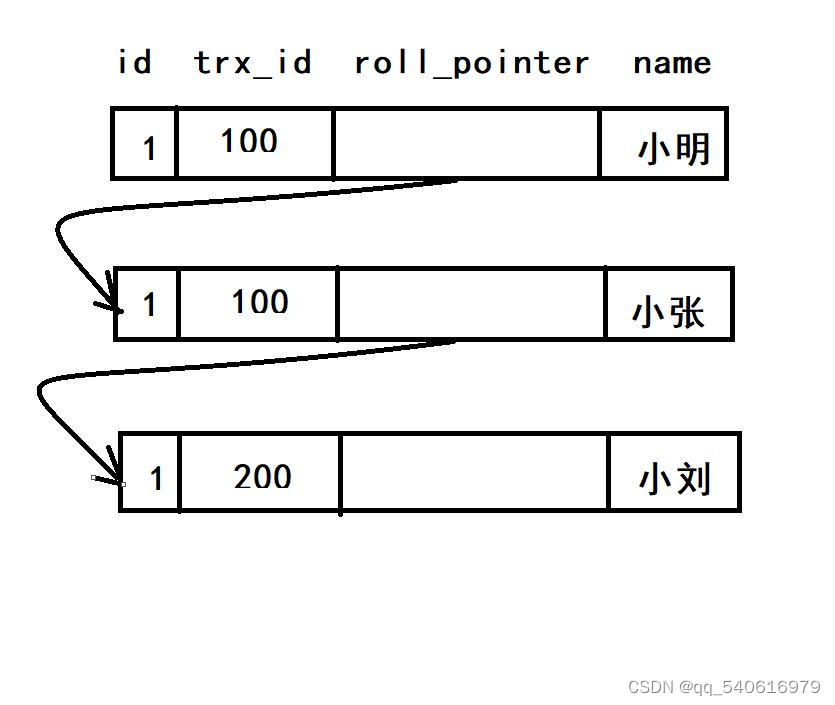
Elaborate on MySQL mvcc multi version control
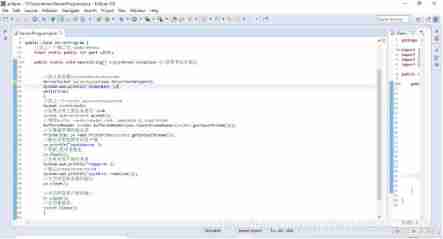
Deep understanding of UDP, TCP

基础篇:带你从头到尾玩转注解

JS reverse tutorial second issue - Ape anthropology first question

Flex flexible layout
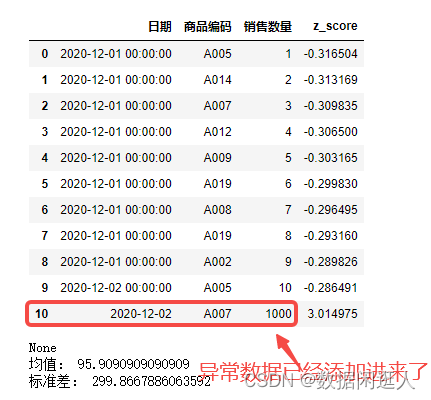
Use 3 in data modeling σ Eliminate outliers for data cleaning
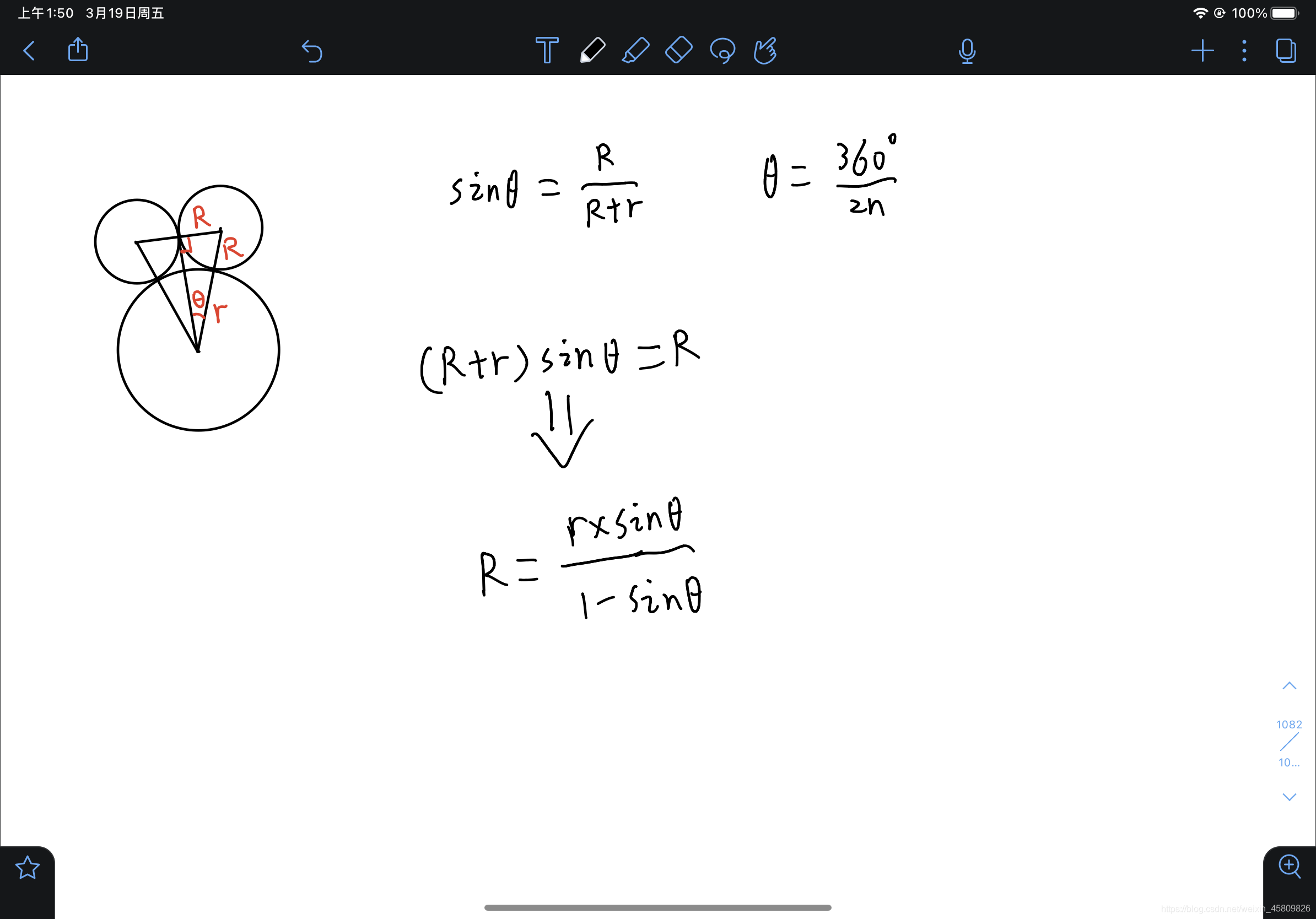
Qualifying 3
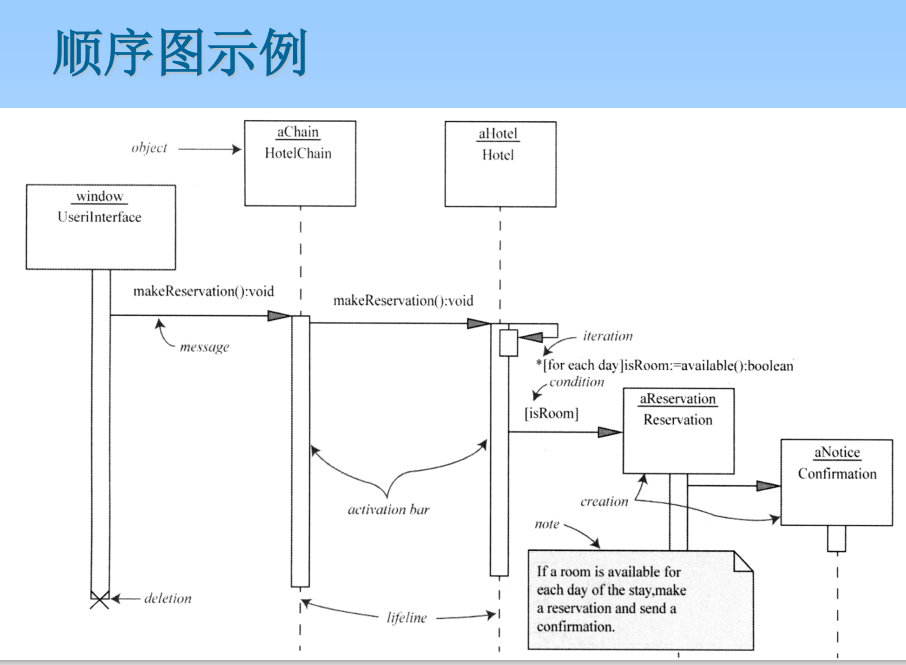
Software modeling and analysis

Sqlplus garbled code problem, find the solution

CentOS installs JDK1.8 and mysql5 and 8 (the same command 58 in the second installation mode is common, opening access rights and changing passwords)
随机推荐
There is a problem using Chinese characters in SQL. Who has encountered it? Such as value & lt; & gt;` None`
网上可以开炒股账户吗安全吗
Pit encountered by vs2015 under win7 (successful)
flink. CDC sqlserver. 可以再次写入sqlserver中么 有连接器的 dem
Software modeling and analysis
Introduction to automated testing framework
Bean 作⽤域和⽣命周期
Huffman encoded compressed file
【学习笔记-李宏毅】GAN(生成对抗网络)全系列(一)
14th test
Natapp intranet penetration
The combination of over clause and aggregate function in SQL Server
ES类和对象、原型
Sqlplus garbled code problem, find the solution
根据热门面试题分析Android事件分发机制(二)---事件冲突分析处理
Applet sliding, clicking and switching simple UI
C# XML的应用
位操作==c语言2
哈夫曼编码压缩文件
字节跳动 Kitex 在森马电商场景的落地实践